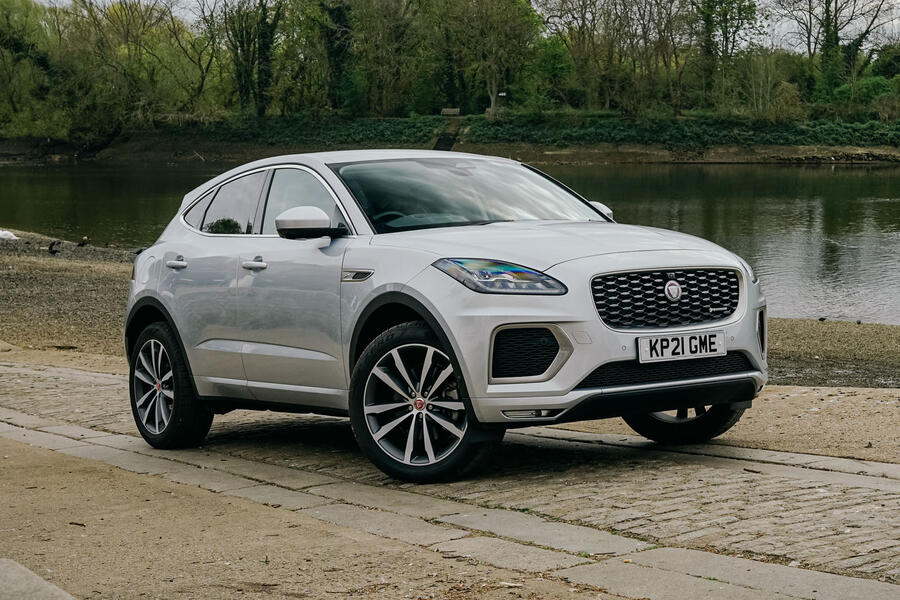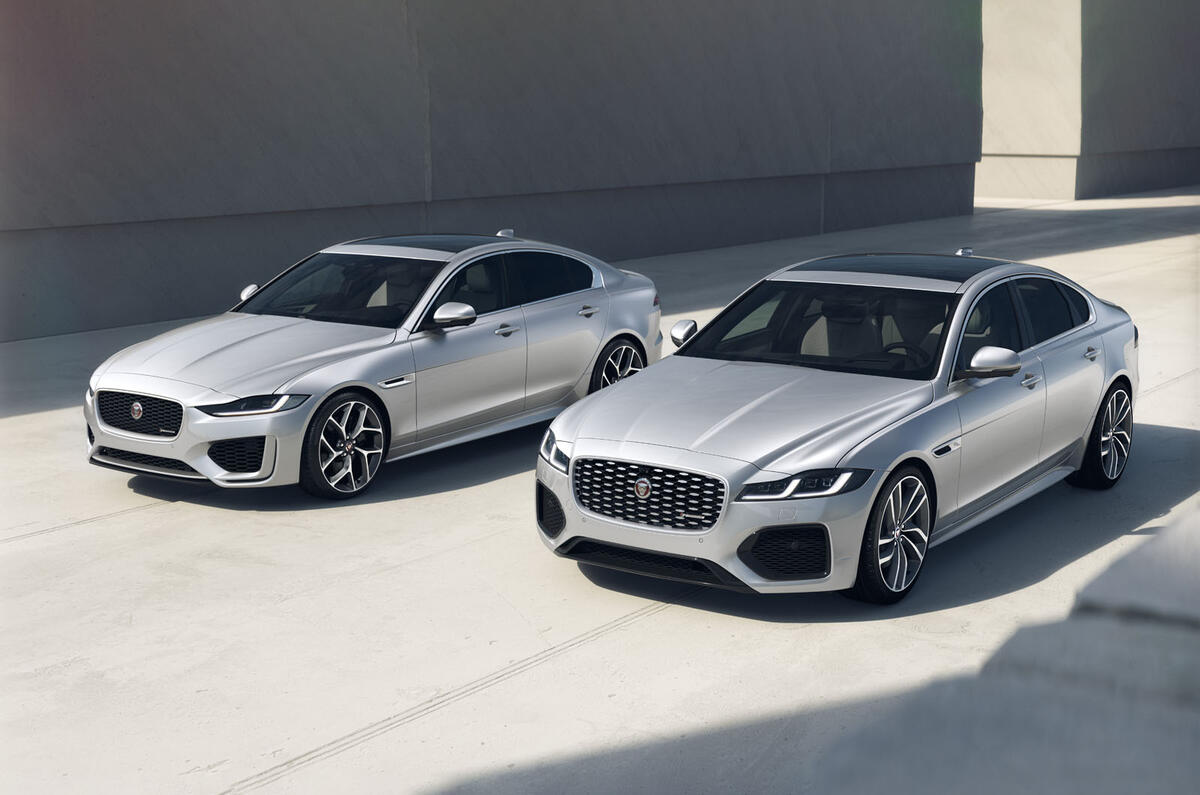JLR (formerly Jaguar Land Rover) will continue to prioritise production of its most profitable models until at least mid-2023, maintaining limited output of its more affordable cars while component supply continues to be restricted.
Outlining its full-year sales and earnings figures today, JLR hailed the success of the latest Range Rover, Range Rover Sport and Defender as the driver of its vastly improved revenues and reduced losses in 2022, and it confirmed that the trio account for more than three-quarters of its 200,000 unfulfilled customer orders.
This backlog, together with their higher profitability compared with other cars in the line-up, means production of the top-rung cars continues to be the priority while semiconductor supply remains constrained, and full-scale production of the Jaguar XE, Jaguar XF, Land Rover Discovery Sport and Range Rover Evoque will not return for several months.
Asked by Autocar for a production update on these more affordable model lines, CEO Adrian Mardell said: "We're three shifts in two areas [Solihull and Nitra], and we're on single shift at the other production facilities [Halewood and Castle Bromwich] and that will continue over the first six months of the year.
"We're not stimulating orders for those other products yet, until we can get confidence of supply. The order rates we are receiving at Halewood and Graz [where the Jaguar E-Pace is built by Magna] are consistent with the build that we can actually produce today, so we're very balanced, and those orders have stayed pretty consistent over the last months."

JLR's break-even point is 300,000 cars per year – a target it met in 2022 – and Mardell said that, currently, at least a third of these need to be MLA-based (Range Rover or Defender) to meet profitability targets.









Join the debate
Add your comment
One thing to note from the news today is that Tesla are stopping doing a RHD version of the Model S and X. They no longer see those as profitable to justify doing.
Consider the market that Jaguar want to enter, and where those Teslas sit. Biggest EV company in the world, with all the tooling already paid for, decides to drop RHD because there's not enough profit in it.
And that's where Jaguar believes their future lies.
@ symanski ....I wouldnt believe too much of the Tesla PR machine.
I think it is a case of the game is up for them here now that the mainstream (properly built) premium brands have their EV's in the market.
I've always said the problem with Tesla is when mainstream auto manufacturers figure out how to build EVs. I guess that is increasingly happening, and they're also more like regular cars than futuristic concept vehicles.
It's sad that Jaguar were the first to prove they could to an EV out of those mainstream marques. But they're hindered by one of the worst marketing departments there is. They like to tell you how beautiful their cars are, which is fine, but don't give you a reason to buy one!
Can it carry all your luggage? What MPG / range does it have? Does the family fit in? Where's the innovative tech? All those little details that you use to justify buying a car after liking the look of it. And Jaguar marketing doesn't give you any of those reasons to buy, just hope you like the look of it enough.
And of course they should keep updating the i-Pace.
It's one of the reasons why Jaguar are in a mess - their marketing department sucks.
@symanski....I totally agree with you.